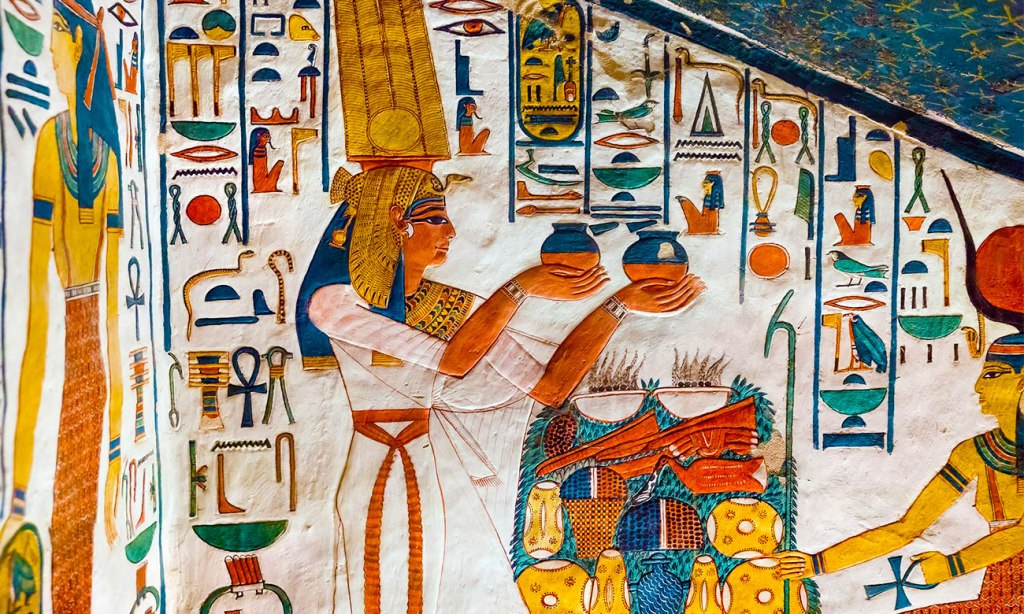Classical history is a fascinating subject that provides valuable insights into the origins of Western civilization. Here are some common questions about Classical history:
1. What does “Classical” mean in the context of history?
In history, the term “Classical” refers to the period of ancient Greek and Roman civilizations, which is typically divided into two periods: Classical Greece (5th-4th centuries BCE) and Classical Rome (1st century BCE – 3rd century CE). These periods are known for their significant cultural achievements in art, philosophy, politics, and literature.
2. What were some key events or developments during Classical Greek civilization?
Classical Greece was marked by several pivotal events and developments, including the Persian Wars (499-449 BCE), the Golden Age of Athens under Pericles’ leadership, and the Peloponnesian War (431-404 BCE) between Athens and Sparta. Notable figures from this era include philosophers like Socrates, Plato, and Aristotle; playwrights such as Sophocles and Euripides; and historians like Herodotus and Thucydides.
3. How did democracy develop in Ancient Greece?
The concept of democracy originated in Ancient Greece with city-states like Athens experimenting with various forms of government. The Athenian system evolved over time to include direct participation by citizens through voting on laws and policies in the assembly. Although limited to male citizens, Athenian democracy laid a foundation for modern democratic principles.
4. What were some significant achievements of Classical Roman civilization?
Classical Rome made enduring contributions to architecture (e.g., Colosseum), engineering (aqueducts), law (Justinian’s Code), literature (Virgil’s Aeneid), military strategy (Roman legions), and governance systems that influenced later societies across Europe.
5. How did Christianity impact Classical culture?
Christianity emerged during the later years of classical civilization but eventually became a dominant force shaping European culture post-Classical era as it spread throughout the Roman Empire. The conversion of Emperor Constantine to Christianity marked a turning point in its acceptance within society.
Studying classical history offers students valuable insights into foundational ideas that continue to influence our world today.

Leave a comment